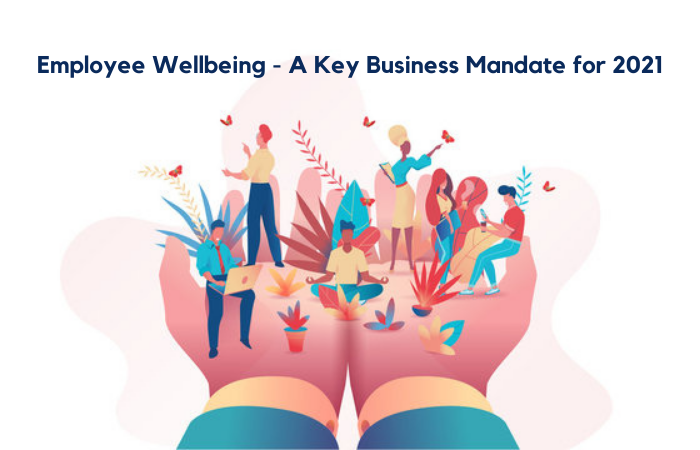Sense of Belongingness is one of the most important factors that keeps the employees happy and motivated at work. Organisations across the world recognise the importance of positive human connections at work. This not only helps improve the productivity of the workforce but also leads to happy customers creating a win:win:win situation for employees, companies & customers.
A study by The Wall Street Journal suggests that one of the crucial factors that separates successful companies from others are those that give employees a sense of belonging.
Over the last few years, organisations have moved towards remote working in form of contractual, freelance or part-time working options. Moreover, in 2020, Pandemic has totally redefined the workspace & the way teams connect and communicate with each other.
In a PwC survey of 669 CEOs, 78% agree that remote collaboration is here to stay for the long-term.
With increase in remote working, creating a sense of belonging and human connections is becoming a challenge for organisations. Here are some ways in which companies can create a sense of belonging amongst its remote workforce.
- Communication – The importance of communication cannot be stressed enough in the remote work environment. With most of the team members working remotely, effective communication is the key to not only completing the project or the task smoothly on time, but also making the team member feel connected. Investing in Project Management tools help the team stay abreast with the progress on the project and their responsibilities & tasks. Office communication apps or software enable smoother communication & collaboration in form of video conferencing, chats & mails.
Nicole Sahin, CEO of Globalization Partners says “In these trying times it is critical to have the right communication tools in place to ensure success. The employee experience matters now more than ever, and collaboration tools can make a positive impact on the ability for teams to collaborate on projects and provide a social connection for employees around the world.”
- Appreciation & Feedback – one of the biggest complaints of people who work remotely is that they lose motivation due to lack of feedback or appreciation regarding their work. Since the work is completed & submitted online, there is a lack of a good feedback mechanism which exists in the conventional way of working. Managers need to ensure that they provide feedback for improvement and more importantly, appreciate the team member in public in case of a job well done. This works immensely towards feeling connected towards the project, team and the company and feeling recognised for their hard work.
- Respect & Trust – Working remotely, however effective, is not without its challenges. One of the issues is lack of trust. Without physical monitoring, sometimes managers tend to think the team members might end up wasting time doing unproductive work. This hurts the morale of the team members who are working hard and sincerely. Hence it is important to define the task along with the timelines. As long as the work is being completed as per schedule, there should be no need for frequent check ins and reporting. Building trust amongst the teams helps build a sense of connect & belonging.
- Get creative – It has been proven that most work can be done remotely and there is no need for physical collaborations for work purpose. Physical interactions are still very important for team building & creating sense of belonging. Get creative and create innovative initiatives in getting teams to meet physically. Here are some fun ways to do it.
- Organise off line one to one meeting with team members once a month where you discuss anything other than work.
- Organise team lunch or dinners once a month.
- Celebrate birthdays or special days by sending cakes or some gift. This helps in overcoming the feeling of loneliness & isolation.
Employees at social media management company Buffer, whose 75 employees are distributed across the world, share personal snippets of their lives on Instagram Stories. Buffer director of people Courtney Seiter told us, “Now I know what my colleague’s day is like and what her workspace looks like. I get to see my co-workers making cookies and walking their dogs. It’s the things you would never share on a conference call, but seeing them helps you understand each other.”
Apart from the above, Buffer employees opt in to be randomly paired with someone else at the company once a week for ‘Pair Calls’. Calls have no set agenda; co-workers get to know each other by talking about their families, hobbies, and favourite shows. (source : MIT Sloan Review Article)
Creating a sense of belongingness does not take too much time & effort. If planned well, it just needs special thought to create special moments for team members to bond together.







